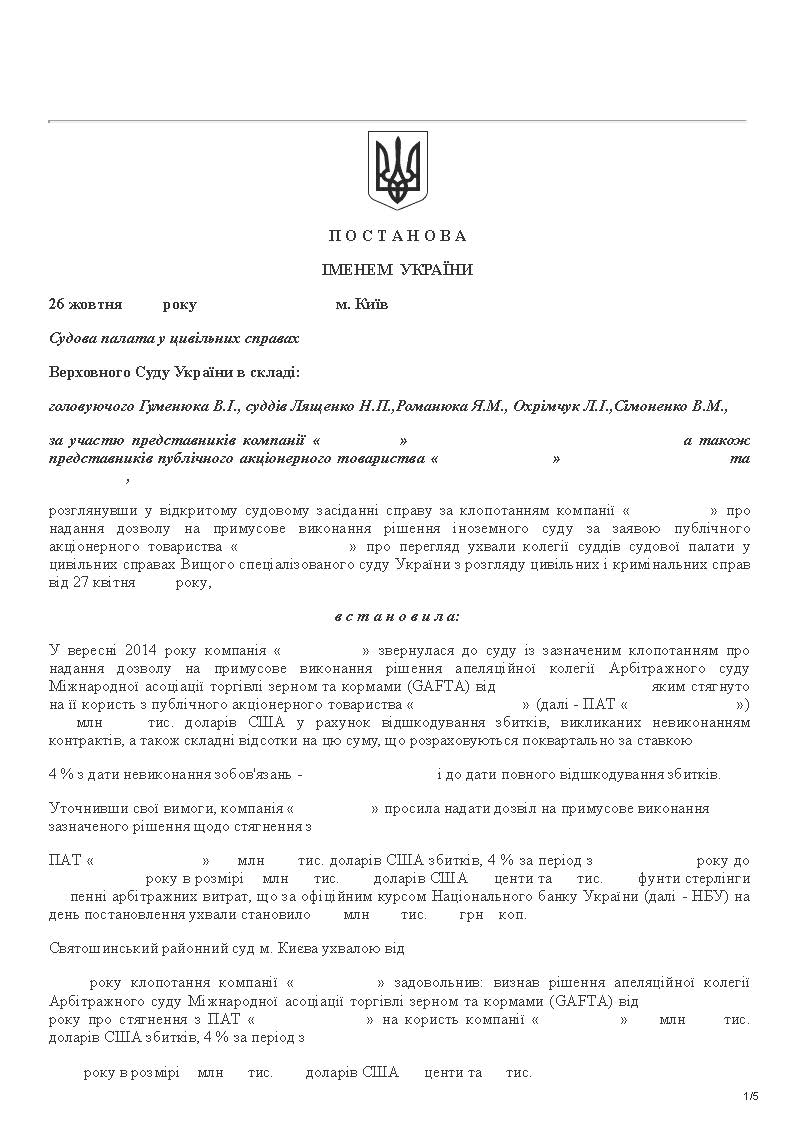Debt collection abroad: theoretical myths, practical reality, results

Debt collection abroad is widely believed to be almost a hopeless and very expensive process, if you decide on it. Like any other opinion, it exists, but is it really so?
For those who understand that the success of any event, including international debt collection, depends on who is involved in it, there is always a chance.
When may the question of debt collection abroad arise?
The example is very simple and ordinary - you owe money to someone who is (lives, is registered) abroad. If you do not know the language and laws of a foreign country, it is expensive for you to go there, but you want your money back, so the situation is stumped.
In this case, the first thing that comes to mind is to hire a lawyer who will deal with this problem for money. However, further on, you start doubting that the lawyer will take the money, and as a result will say that it is impossible to collect debt. Many people’s experience in dealing with unskilled lawyers affects this decision.
If lawyers provide legal support for debt recovery in the country of registration / residence of the debtor on a professional basis, you will get a clear timetable and a positive result at your request.
What is the procedure of international debt collection?
Еhe procedure of international debt collection may consist of several stages:
1. Amicable collection (constructive dialogue) is also known as the pre-legal dispute resolution, when a local lawyer:
- sends the debtor a written request/claim to pay the debt;
- makes telephone conversations about the debt;
- exerts legal pressure, e.g., warns against blacklisting the company, etc.
The result of this stage may be:
- successful collection in the form of debt payment and signing of an agreement between the parties to recognize a certain amount of debt (usually less than the amount of the original debt), or in the form of signing of an agreement between the parties on installment debt repayment, which is then controlled by lawyers until its full fulfillment;
- unsuccessful collection, which leads to the initiation of the next stage - debt enforcement.
2. Debt enforcement is a standard trial. This measure is used when an amicable collection has not yielded results. Collection of debts abroad at this stage is carried out by lawyers/lawyers in the debtor's country on a prepayment basis. The same service is provided in Ukraine, if such jurisdiction is stipulated in the agreement of the business entity of Ukraine with a foreign counterparty.
Please note! At this stage, the decisions of national courts are legalized in the territory of foreign powers. Explanation by the example: “The agreement of the plaintiff from Ukraine and the counterparty, for example, from Poland, provides for jurisdiction in the Kyiv municipal court, where the plaintiff applies for recovery, and the received court decision needs to be legalized in the court of Poland at the location of the debtor to obtain an enforcement document”.
3. Enforcement proceedings is the final and most long-awaited stage of international debt collection. This is a standard procedure implemented by local lawyers / attorneys in a foreign country. This stage involves minor administrative costs and is completed by the payment of a lawyer’s fee in the form of a previously agreed percentage of the debt collected.
At this stage, the local lawyer:
- prepares the necessary procedural documents for opening the executive procedure and its subsequent control;
- interacts with the executive body, representing the creditor’s interests during the execution of enforcement actions;
- takes measures against inaction of the executive body;
- facilitates the operative movement of the enforcement proceedings.
Our lawyers provide services for collecting debt abroad on a turnkey basis until the implementation of the writ of execution worldwide, no matter where the parties to the dispute live - in Italy, Azerbaijan, Poland, Moldova, England, as well as in Russia, Belarus and Ukraine. Contact us for details!
Our clients








